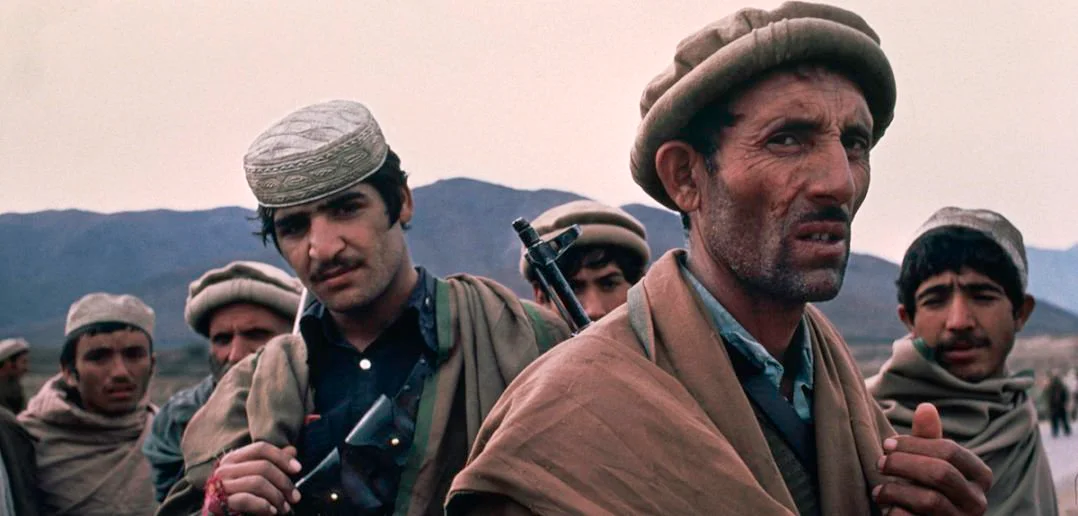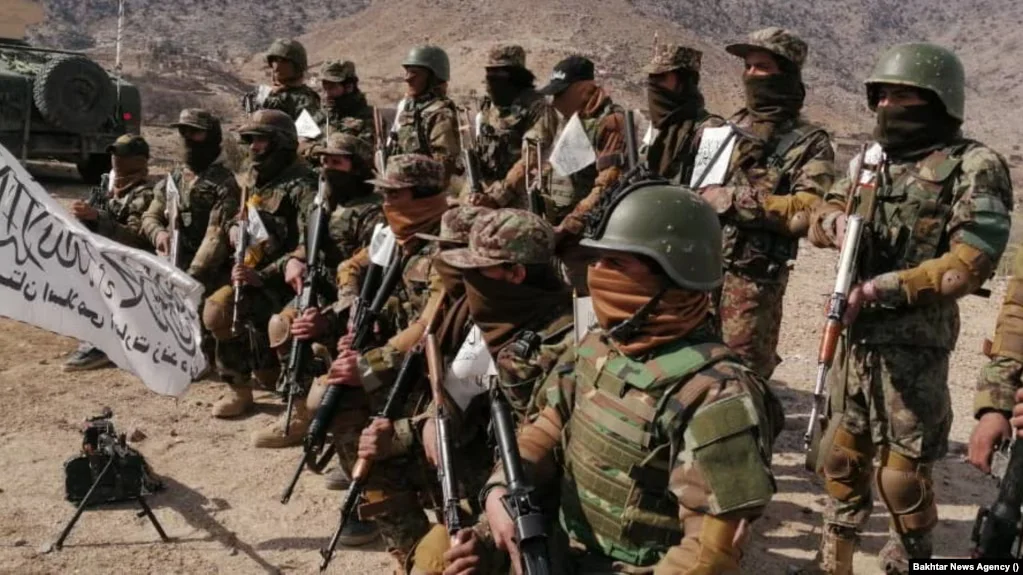Afghanistan has always been at the epicenter of the ‘Great Game’. The Afghan humanitarian tragedy as a consequence of the forty-year war has been widely documented. Even then, after the globally acknowledged sufferings of the Afghans – with the political and economic axis of the globe shifting eastward – Afghanistan being at the crossroads of Eurasia still serves as the chessboard of the global powers, especially when the strengthening footprint of the Taliban in the Islamic Emirate of Afghanistan holds potential for far-reaching consequences in the multipolar world!
Sir Halford John Mackinder’s words provide the essential context;
“Who rules East Europe commands the Heartland;
Who rules the Heartland commands the World-Island;
Who rules the World-Island controls the world.”
Therefore, with the power of geography recognized – the US, China, Russia, and European nations in addition to Afghanistan’s neighbouring countries are competing diplomatically, and through localized proxies in Afghanistan – for dominance in the heart of Eurasia – for natural resources, food, energy, access to warm waters, strategic position and even data – With the emergent themes of geoeconomics and regional connectivity, it is the Geography that decides the fate of the states and the region – even the conditions for peace and stability!
Bertrand de Jouvenel in his 1948 volume On Power, said; “Follow an idea through from its birth to its triumph, and it becomes clear that it came to power only at the price of an astounding degradation of itself. The result is not reason which has found a guide but passion which has found a flag.” This has been the case when the United States Government crafted human rights into a new language of power – Post-Cold War, from the Marshall Plan to the USAID, humanitarianism has become central to American foreign policy.
Securitized Humanitarianism
Afterward, the humanitarian action calls in the midst of the end of the Cold War and the beginning of the War on Terror have established a framework authorizing the use of force for humanitarian purposes. This legitimization has employed an intervention paradigm that exploited humanitarian assistance as a force multiplier to win the battle of hearts and minds in the US-led Afghan War.
Furthermore, with perception management at the forefront, the American intervention in Afghanistan which has not been explicitly humanitarian had been framed as an intervention for a humanitarian cause.
American policymakers and think tanks have strategically placed humanitarian rhetoric that has shaped the narrative of the American humanitarian cause in Afghanistan.
Just like the way Harold Lasswell in his 1927 classic Propaganda Technique in the World War stated, “more can be won by illusion than coercion” – Post-American troop withdrawal narrative building through strategized academic and media discourse regarding the humanitarian crisis in Afghanistan can be comprehended.
Even, when soon after the US and NATO forces withdrew from Afghanistan in August 2021, the United Nations Security Council adopted a resolution on 30th August calling for “enhanced” humanitarian assistance, the EU and other countries have been debating how to increase aid to Afghans without lending credibility to the Taliban. Even after one year of the Taliban ascension to power, this remains the case!
On 12th August 2022, the United States, through the US Agency for International Development (USAID), announced $150 Million in additional funding commitments to the Afghan people, which will be programmed through United Nations agencies; UN Women, FAO, UNICEF, without a pragmatic approach concerning the legitimacy status of Taliban’s interim government in Afghanistan, such humanitarian action announcements weigh no more than rhetoric.
Afghanistan and the Regional Chessboard
Resources have always played a significant role in shaping strategic regional alignments. In a time of multipolar rivalries, the strategic placement of Afghanistan in Eurasia offers strategic land power connecting the two continents on one side and access to Maritime Silk Roads on the other as a matrix for long-term regional connectivity and geoeconomics in the Eurasian region. The perception that the recent transformation of the geopolitical chessboard of South and Central Asia in the context of the Taliban’s ascension to power in Afghanistan after the US-led Afghan War, and the increasing role of the Shanghai Cooperation Organization after the US troop withdrawal from Afghanistan has affected the long-term American interests in the region due to Afghanistan’s geopolitical placement in the Eurasian equation needs exploration.
Historically, the United States has always been attracted to the global economy’s center of gravity and has adapted its foreign policy accordingly. With the Chinese economic model flourishing along the Silk Roads, the United States has started to realize to develop similar ‘weapons’ to compete with revisionist China’s unique take on capitalism. Hence, if this doesn’t point toward the revival of the ‘Great Game’ with Afghanistan as the fulcrum of Eurasia, what does? – The Great Game 3.0.
The article is originally published by the Daily Times. The views expressed in this article are the author’s own and do not necessarily reflect the editorial policy of the South Asia Times.







